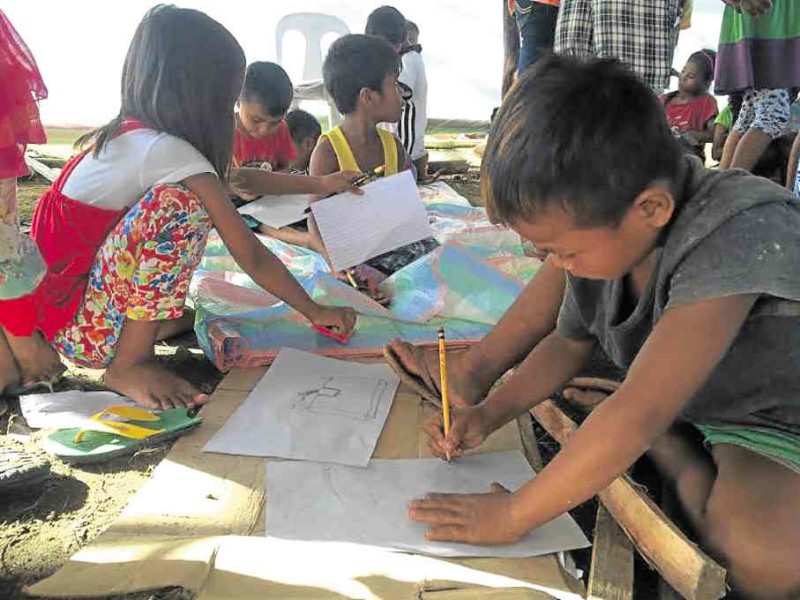Indigenous peoples (IPs) have long existed in the peripheries of contemporary society, a source of curiosity for their ancient customs and traditions perhaps, but otherwise ignored in their remote enclaves.
In recent years they have become collateral damage in the relentless march to progress, sacrificed in the conversion of their resource-rich lands and forests into agricultural estates, logging concessions and mining contracts.
Many, innocent of the ways of the cunning and the unscrupulous, are easily seduced by promises of jobs, or even mere trifles like cell phones, into surrendering their land for a song.
Since 2010, at least 68 IPs from different cultural communities have been killed by paramilitary groups hired by big companies to drive them off their ancestral lands. Against the well-spoken and expensively-attired operatives of these companies who confuse them with documents and legal talk, what chance do these IPs have to defend their own?
Said one IP delegate at a forum on the issue of land-grabbing: “In many cases, the IPs give their consent because, one, the information they are given is limited and, two, even if the company promises a lot, most of them do not implement their promises, and the IPs do not have a grievance mechanism for this.”
With low literacy rates in cultural communities, most IPs couldn’t read the contract on which they had been coaxed to affix their thumb print.
Against this backdrop, the announcement on Tuesday by the Department of Education that it would expand basic education services to IPs by putting up more schools in geographically isolated and disadvantaged areas couldn’t have come at a more crucial time.
The DepEd said it would establish more schools in 300 priority sites nationwide, hire nearly 600 teachers and develop 500 “indigenized” lesson plans this year that would be consistent with the IPs’ specific educational aspirations and vision for their ancestral domain.
According to an education official, 251 new public schools will rise in Mindanao, where there are 18 indigenous ethnic groups. The DepEd is also hiring 583 new teachers and building 605 classrooms. By the end of the year, at least 500 lesson plans shall have been formulated for IP education, the official said.
Providing IPs with the opportunity to learn to read and write equips them with the means to understand that they have rights and that they can be better armed to fight for these rights.
This explains why institutions that seek to educate IPs are regarded as a threat by groups that protect big business interests in remote resource-rich areas. For these armed men—including, sadly, military forces—these institutions can only be linked to communist rebels. After all, the IPs who, over time, have become armed with the knowledge of their rights, similarly demand land and jobs, decent housing, schooling for their children, good governance, concern for the environment, and accountability from their elected officials.
Now, on top of fleeing their villages to escape the brutal effects of militarization, IPs have had to endure harassment by armed groups who burn down or forcibly close their schools, disrupt their classes, and attack their teachers. Between September 2014 and September 2015, the SOS Network Mindanao documented a total of 95 attacks on 81 lumad schools with at least 4,265 students.
Most prominent among these attacks was the killing of two lumad teachers and of Emerito Samarca in Surigao. Samarca is executive director of the Alternative Learning Center for Agricultural and Livelihood Development, a privately-operated but government-regulated school that provides basic and technical education to IP children in areas hardly reached by government services.
Their murders, and that of Dexter Condez, an Ati leader believed killed in February 2013 for fighting for the tribe’s ancestral lands against the claims of an international hotel, remain unsolved despite eyewitness testimonies identifying paramilitary men as the assailants.
With the possibility of murder and other acts of violence constantly looming, the IPs need to know how to speak up for their rights and to demand respect for their ancestral domain.
For IP children who wish to break the cycle of poverty that has pushed their elders away from mainstream society, school learning offers a way out of the trap of ignorance and a democratic space in which they can equally participate with knowledge and confidence.


